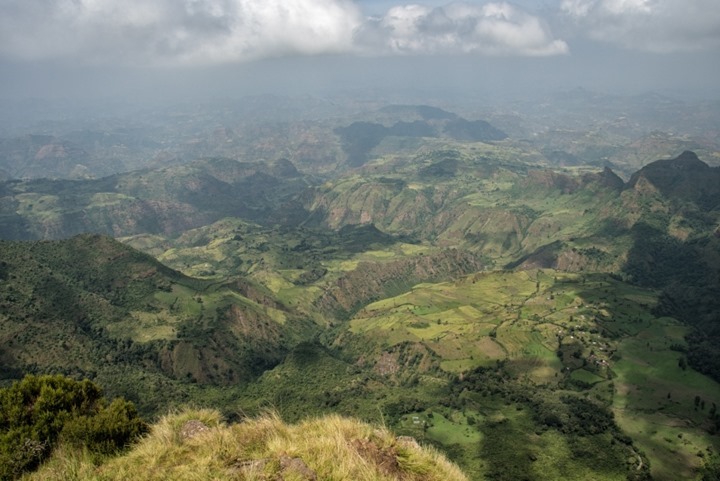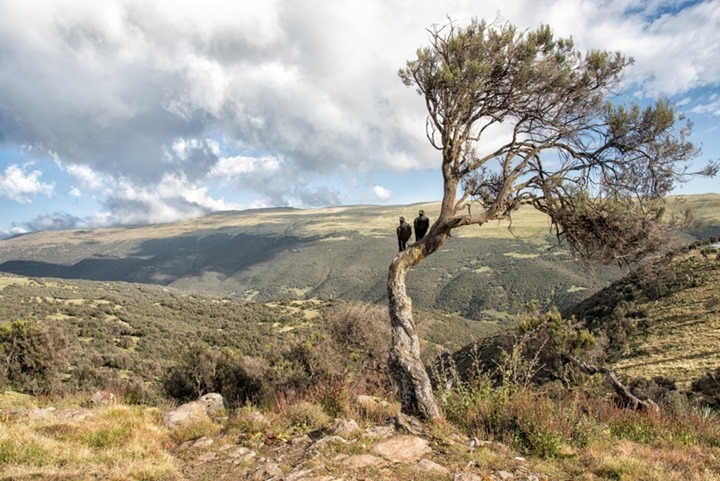
I’ve been getting a lot of questions related to the State of Emergency and travel to Ethiopia. What’s it like? Is it safe? What’s tourism like?
Now for many of you whether you know or not there has been a state of Emergency in Ethiopia for the last few months.
In October of this year (2016) Ethiopia declared a state of emergency following protests. This is a travel blog and I wouldn’t do it justice to try to explain the situation there politically. There is a lot of history that I read up about on the various groups in Ethiopia and still don’t know the whole story myself.
So I know I would do it an injustice to try to explain it all here. But there are certainly plenty of new sources and other information you can find online to get you a better explanation of the situation.
And so since this is a travel related site we’ll focus on the tourism related impacts for people traveling there.
So following the protests and state of emergency tourism in the country appeared to have collapsed. Many tour companies canceled tours and many individuals did so as well. Quite a few governments issued warnings to their citizens against travel to the region.
Now in fairness, I really had no idea about the state of emergency prior to planning to go. I came to tag along with a friend going and only learned of the state of emergency from friends as I told them I was going there. While I’m usually up on the news, being in Turkey for the last few months meant I focused more on the immediate news in Turkey (which is in its own state of emergency).
* * * * *
Military and Police presence
The one thing I expected to see more of was a large military and police presence. In reality, though it was a lot smaller than I had expected. There were the occasional police checkpoints in places. I noticed a few checkpoints on the road between Bahir Dar and Gonder. I also noticed military personnel on the road alongside villages near Bahir Dar as well. But overall the police had little impact or concern about tourism in the country.
In general, I did not feel unsafe or unduly hindered in travel. I didn’t witness any disturbing scenes or large scale deployments. It was certainly lower in intensity than general life is like in Turkey on a daily basis. I probably would not have known there was a state of emergency had no one told me.
By the way, there was a significant military presence in the Danakil but that is normal and not part of the State of Emergency. Travel in the Danakil requires police escorts in certain areas and there are military camps set up along the border with Eritrea and in the area around the volcano (Erta Ale).
Social Media and the Internet
This was noticeably affected while in the country. 3G service was not functioning in the capital Addis Ababa. However 3G service was working in areas outside of the capital. The speed was slow (I don’t know if that was an effect of restrictions or not) and social media was generally blocked. Although there was some inconsistency here in what was blocked and when. However, the speed was generally so slow that it made these services barely functional anyway.
You could connect to most things through VPN if your service worked ok there. I found though that due to the speed of the internet, in general, the speed through VPN was too slow. I basically had to wait until I was out of the country to use most of the services.
In hotels, the internet varied in speed and restrictions. In some hotels, I could connect to services just fine and in others, I could not. I really can’t explain the rhyme or reasons between the various services.

Tourism
The tourism industry was certainly affected severely by the state of emergency. Often in many cities, we were the only people staying in our hotel and this was even in big tourist locations such as Lalibela or Axum. You could easily show up in a town and walk up to any hotel and find a room.
I found though that touts and tour operators were more aggressive during this time as well (particularly for us around the Simien Mountains). Probably because they were all fighting over a smaller piece of the pie. However, I think due to some of their greed I was really turned off from using them. Folks I would normally use I refused to given the absurd prices they quoted us. Somehow they thought I “owed” them the chance to match other prices.
We also found cases where people literally cheated us or threatened to leave us in places if we didn’t pay higher prices. I get it, things are bad, but I felt as if I was expected to make up for all the tourists who didn’t come.
I found Ethiopia to be a rather expensive place even more so with the lack of people and the higher quoted prices. In some cases, folks were willing to negotiate on price but you had to certainly find hard. They often also quoted prices in US Dollars which made the prices significantly higher too than any local tourist would pay (although local tourism is not as much of a thing in Ethiopia).
Should you go?
Honestly, that’s a hard thing to answer. I would say sure, you should go. There is no guarantee that the situation won’t get worse or that other protests or issues won’t happen. Overall though I found things to be calm and I met lots of travelers who went to all corners of Ethiopia with no issue.
I certainly do not regret going. In some ways, the fewer tourists were good for a way to meet the local people. Although know that you are unlikely to find anyone who will talk candidly about the situation there for a variety of reasons. Certain talk and comments are seriously restricted and punished in Ethiopia currently so be careful about your opinion or belief about the situation. I know in my case I didn’t really know enough to try to talk about the situation as I knew my limited understanding was not adequate to express the impact of this on the local populace.
I know in my case I didn’t really know enough to try to talk on the situation as I knew my limited understanding was not adequate to express the impact of this on the local populace.
But either way, I think going is important. It helps the locals who depend on tourism especially during the dry season when tourism is usually high and those in tourism depend on the season for most of their earnings.

Practical Information
If you do go and are looking for flights I would highly recommend looking for an international flight entering in on Ethiopian Airlines. They are actually quite a good airline with new aircraft. Also if you enter in on Ethiopian Airlines you are eligible for discount flights internally. I came in on Qatar Airways which was cheaper, but I needed to then pay full price for each of my individual flights which ended up costing me more in the long run.
Leave a Reply